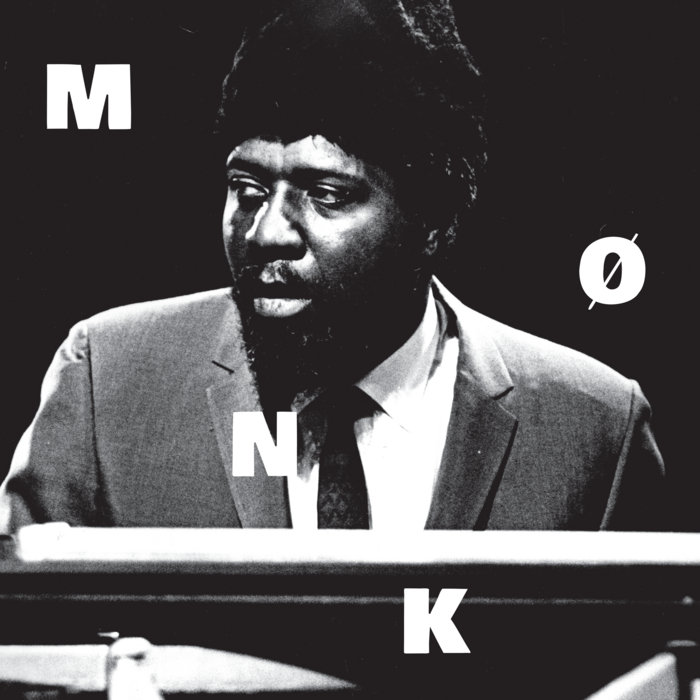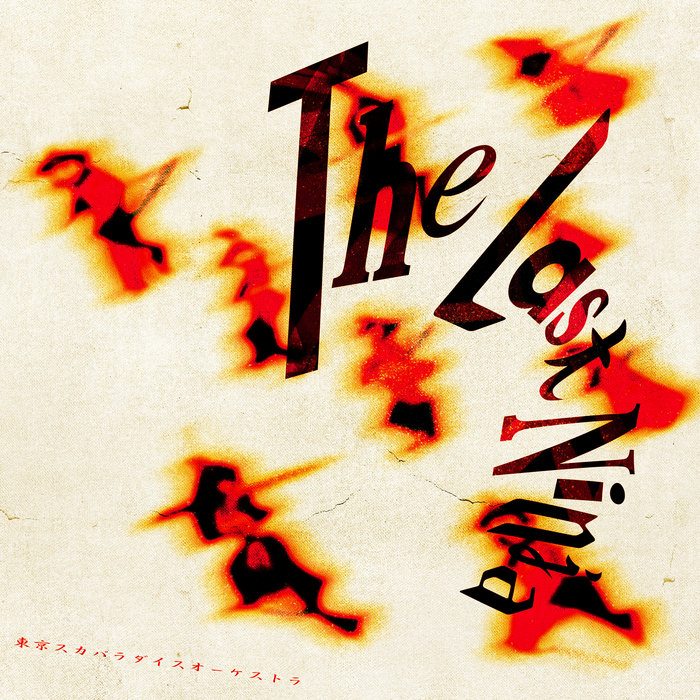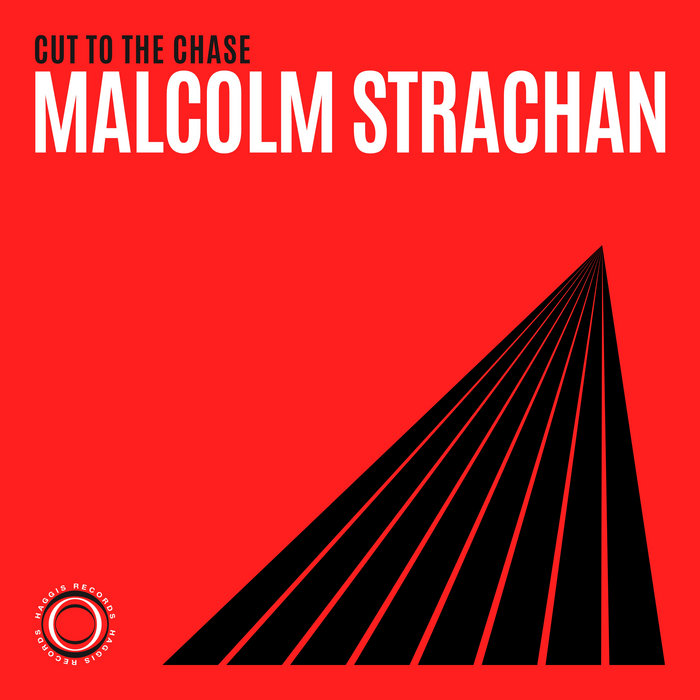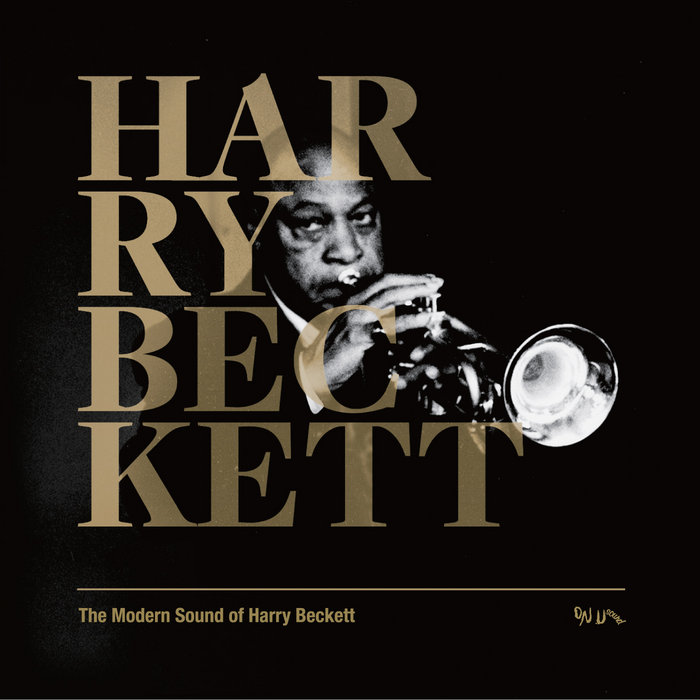
Monk's Dream – Thelonious Monk
this blog is GROOVY – check out great Soul, Funk, Jazz, Hip Hop, Bass, Breaks , Reggae, House n many more TUNES
Ah, bebop! That jazzy genre that kicked the swing into high gear and brought a fresh breeze to the post-war music scene. If you’re ready to dive into this catchy world filled with wild melodies and cool cats, you’ve come to the right place!
Picture this: it’s the 1940s, World War II has just wrapped up, and jazz musicians are looking for something more—more complexity, more excitement. Enter bebop! This was a musical revolution that aimed to break free from the dance floor clichés of big band music. With its fast tempos and intricate chord progressions—think lightning-fast solos full of off-the-wall improvisation—it set itself apart from anything before.
Bebop wasn’t just about speed; it infused jazz with new elements including complex harmonies, unexpected rhythms, and stunning creativity. Musicians like Charlie Parker (aka “Bird”) and Dizzy Gillespie became legends not only for their mind-blowing talent but also for how they changed people’s perceptions of jazz forever.
The birthplace of bebop can be traced back to various late-night jam sessions in 52nd Street clubs in New York City—where all the hipsters gathered after hours. It was here where musicians would unleash their inner genius while sipping on coffee or whatever tickled their fancy at that late hour.
Did you know that at times these jam sessions would get so intense that they’d turn into an impromptu cooking show? Yes indeed! While trying out new tunes, some musicians reportedly brought pots & pans along for fun—and sometimes even tried cooking between sets! Imagine taking soloing tips from Dizzy Gillespie while somebody tries to whip up dinner!
If you’re gonna talk bebop without mentioning its heavy hitters…it simply wouldn’t be right. So let’s meet some top cats:
Charlie Parker: Widely seen as one of the godfathers of bebop. His saxophone skills were so outlandishly virtuosic that he could leave listeners speechless—or laughing hysterically when he hit those crazy high notes by accident during practice!
Dizzy Gillespie: Trumpet player extraordinaire known both for his incredible chops AND his trademark bent trumpet bell which added extra flair (and sound). Oh yeah—and let’s not forget his cheeks! They puffed out like balloons while playing; he looked closer to a cartoon character than a musician at times.
Thelonious Monk: The quirky pianist who had an approach all his own—including sitting on top of pianos during performances once or twice (not recommended!). Known for eccentric compositions mixed with bizarre stage antics—it makes sense why people said “There ain’t no one like Monk!”
Here’s another funny tidbit—the infamous “Battle Of The Bands” took on a whole new meaning during these years as bands would actually try engaging each other musically rather than physically…most days anyway! Legendary incidents included fierce improvisational duels where players tossed musical phrases back-and-forth faster than they could say “Jazz Hands!” You can imagine someone mistaking it for an actual food fight instead sometimes…
By pushing boundaries left & right through innovations in style/technique/delivery—and leaving jaws dropped—we see how beboppers reshaped genres way beyond just blue notes & soulful riffs.
Notably influencing rock ‘n’ roll later down this rabbit hole—you might hear hints anywhere from Santana’s guitar licks or even certain rhythms within modern pop songs today echoing those beloved five-note runs invented long ago amidst smoke-filled clubs.
And hey—let’s not forget about fashion trends shaped by these cool cats too! They wore slick suits paired with fedoras giving everyone else major style envy—even decades later!
As we tip our hats toward bop history-lengthy conversations easily lead us down meandering paths filled laughter surprises aplenty—but before signing off let’s mention why we’re still talking twenty-first century vibes stemming directly arisen influences rooted deep within vibrant eras past…
In conclusion folks nothing says creative spirit quite like imbibing joy straight-from-heart expressing emotion via rhythm… whether bopping away solo blushing under dim lighting kitchen sink-to-chest-high hat-soaked moments gathering friends around uplifting evenings watching old footage live-recordings sparks igniting passion generations sharing giggles sippin’ drinks reminiscent timeless tunes we hold dear hearts enduring legacy found joyful grooves discovered togetherness through sound waves traveling boldly onwards future tiled beats yet unfold unknown stories waiting make history again allowing space groove All Along praised true nature life happening now layering lush sounds connect us alight every single day.
So shake off your worries grab your favorite record spin round livin’ each moment embracing groovin’ magic birthed long ago when cowboys met kings bringing everything colors beautiful melody breathing freedom alive dance throughout history celebrated soul jazzy heart awaits next adventure time strumming fingers keys reaching dynamically embrace journey starts again tomorrow don’t skip little bit crossover mix electrifies feelin’ sail ‘cross seas paint bright skies shared laughter cradling minds souls discoveries pushed edges landscape rhythm every beat heartbeat echoed forever onward spun around clouds gilded dreams daring venture comes alive always start somewhere keep exploring great vibes baby!
Now go forth—with your best snap-back cap—and find yourself some sweet grooves that’ll have ya tappin’ toes bouncing happy 🎷🎺🌌

Monk's Dream – Thelonious Monk

Fuego – Lauren Henderson

The Last Ninja – Tokyo Ska Paradise Orchestra

Cut To The Chase – Malcolm Strachan

The Modern Sound Of Harry Beckett – Harry Beckett